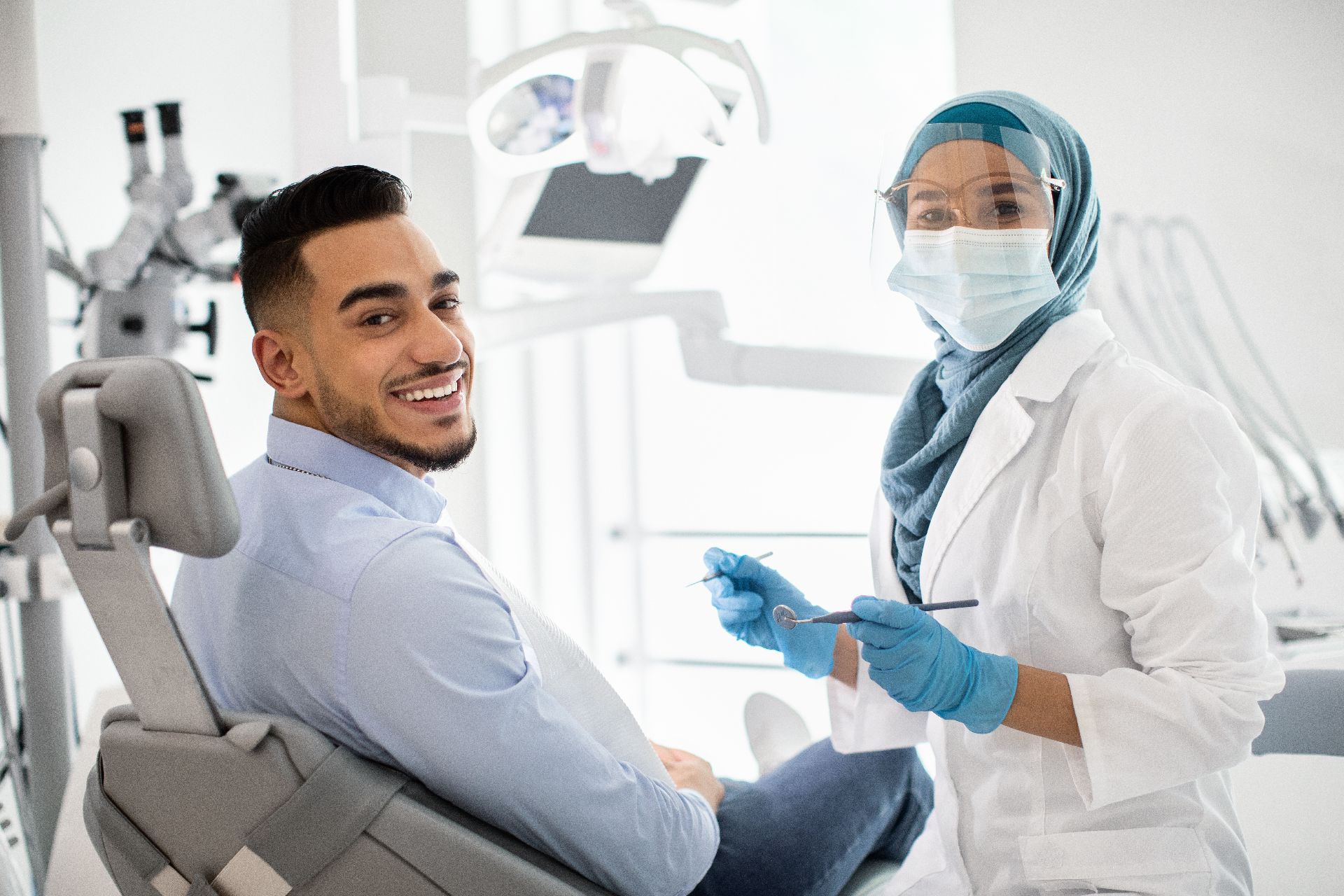 Since its inception in 2009, the College of Dental Hygienists of Nova Scotia (CDHNS) has grown to over 800 registrants. The CDHNS’s role is to serve and protect the public interest, by statutory authority, and to regulate the profession of dental hygiene through registration, licensing, and discipline processes. It is governed by the Nova Scotia Dental Hygienists Act and Regulations. The CDHNS grants the Registered Dental Hygienist (RDH) designation and authorizes dental hygienists to legally practice in Nova Scotia.
Since its inception in 2009, the College of Dental Hygienists of Nova Scotia (CDHNS) has grown to over 800 registrants. The CDHNS’s role is to serve and protect the public interest, by statutory authority, and to regulate the profession of dental hygiene through registration, licensing, and discipline processes. It is governed by the Nova Scotia Dental Hygienists Act and Regulations. The CDHNS grants the Registered Dental Hygienist (RDH) designation and authorizes dental hygienists to legally practice in Nova Scotia.
The Act and the Regulations give the CDHNS the authority (and mandate) to perform a variety of regulatory functions, including determining who is qualified to practice dental hygiene; setting and administering standards of practice; and managing complaints, investigations and hearing processes, in accordance with the Act, Regulations, and other applicable legislation and policies.
Both the CDHNS and individual dental hygienists work with government, provincial and national associations, public agencies, post-secondary institutions and Nova Scotians, to improve overall health.
The CDHNS is accountable to the public, the dental hygiene profession, and its registrants. We promote and support equitable access to quality dental hygiene care for all Nova Scotians.
Honouring the past...
History of Dental Hygiene in Nova Scotia

Dental hygienists began to work in Nova Scotia in 1955, with the institution of dental hygiene clinics in some of the provincial schools. These clinics were established by the Nova Scotia Department of Health, Dental Health Division under the direction of Dr. Gordon Dawson. Dr. Dawson also prepared the first Act respecting the practice of Dental Hygiene in the province. From 1955 to 1962, the only practicing dental hygienists in Nova Scotia were bursary students under contract to the Nova Scotia Department of Health. These dental hygienists were graduates from schools in the United States, usually New York City or the University of Toronto, Canada.
In 1962, the School of Dental Hygiene was formed at Dalhousie University in Halifax, Nova Scotia. The inception of the Nova Scotia Dental Hygienists Association (NSDHA) occurred in 1962, with 10 founding members. These early members were very active in the formation of the Canadian Dental Hygienists Association (CDHA). The inaugural meeting of this national association was held in 1963. The NSDHA became incorporated under the Societies Act in 1973.
 Until 2009, dental hygienists in Nova Scotia were licensed by the Provincial Dental Board of Nova Scotia and were regulated under the Dental Act. In the mid-1970s, discussions begin to take place within the NSDHA regarding the practice of dental hygiene in Nova Scotia and how it may evolve. The NSDHA took it as their mission to improve access to oral health care for Nova Scotians. This led to the long-term goal of legislative change.
Until 2009, dental hygienists in Nova Scotia were licensed by the Provincial Dental Board of Nova Scotia and were regulated under the Dental Act. In the mid-1970s, discussions begin to take place within the NSDHA regarding the practice of dental hygiene in Nova Scotia and how it may evolve. The NSDHA took it as their mission to improve access to oral health care for Nova Scotians. This led to the long-term goal of legislative change.
After an extensive period of negotiation, on December 13, 2007, the Dental Hygienists Act of Nova Scotia received Royal Assent. It would not come into effect until regulations pursuant to the Act were approved and proclaimed. Proclamation of the Act and Regulations took place in May 2009. Under the Act, forty-seven years after its inception, the NSDHA dissolved and the CDHNS came into being. The result was that dental hygienists in Nova Scotia became self-regulating, and could now deliver care directly to the public in a variety of settings.